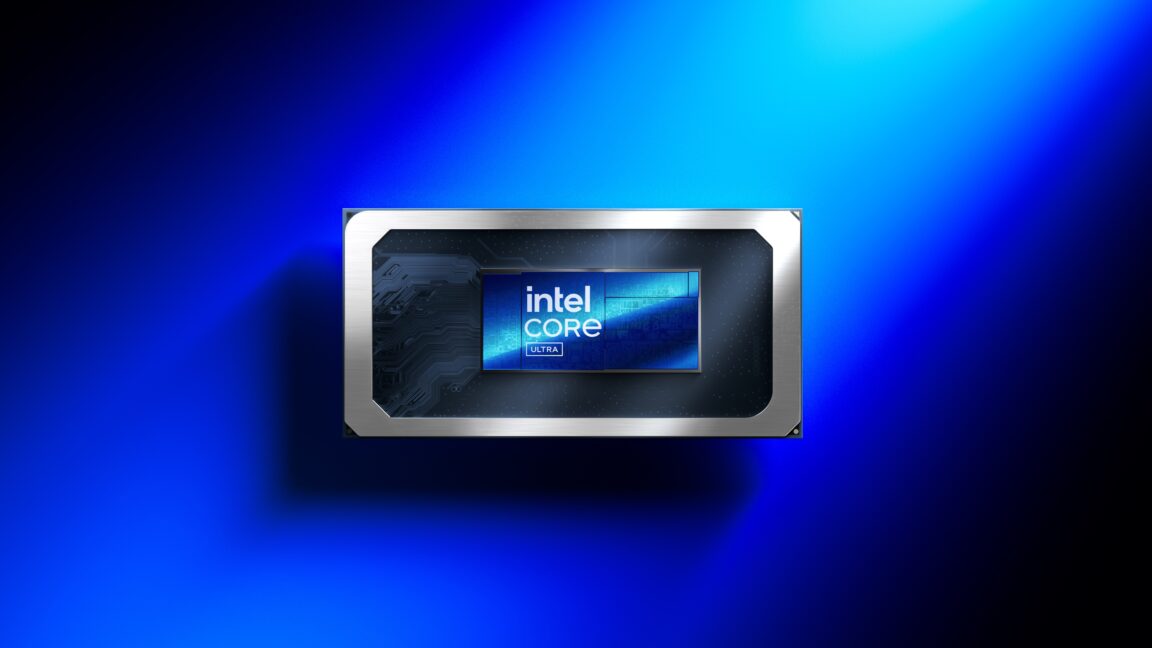Laptops is big market and power is a big selling point to many laptop buyers.They need to rework Arrow Lake, remove the E-cores if need be for some parts of the lineup.
E-cores have been a disaster for Intel, the only benefit has been in lower power / more efficient mobile CPUs. Useless for desktop PCs (at least compared to larger / higher power cores).
E-Cores will probably go the way AMD is going, high density low power cores that have the same functionality as the high power cores. Think phones are also going to go in that direction as it makes the software side easier.






 . So little reason to buy an expensive ARL CPU on desktop or mobile.
. So little reason to buy an expensive ARL CPU on desktop or mobile.